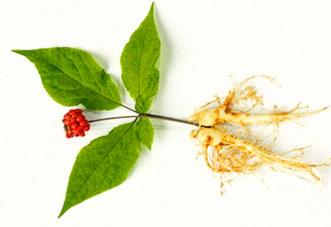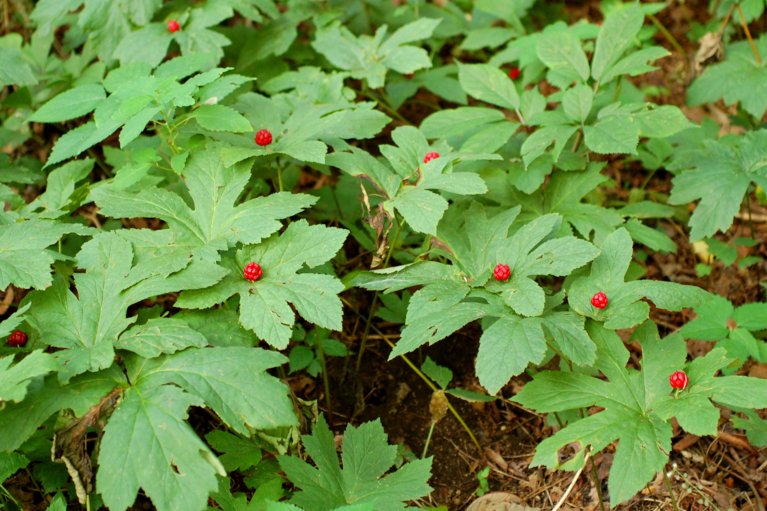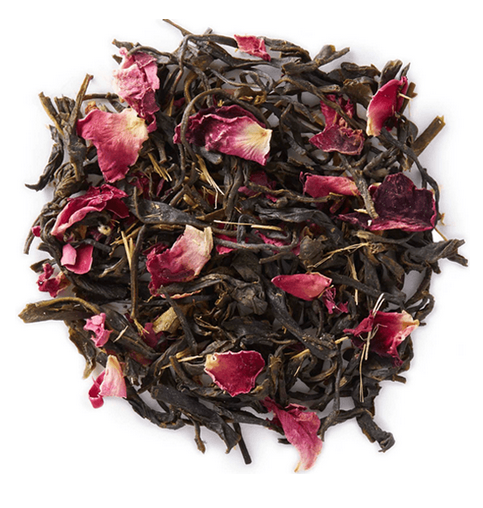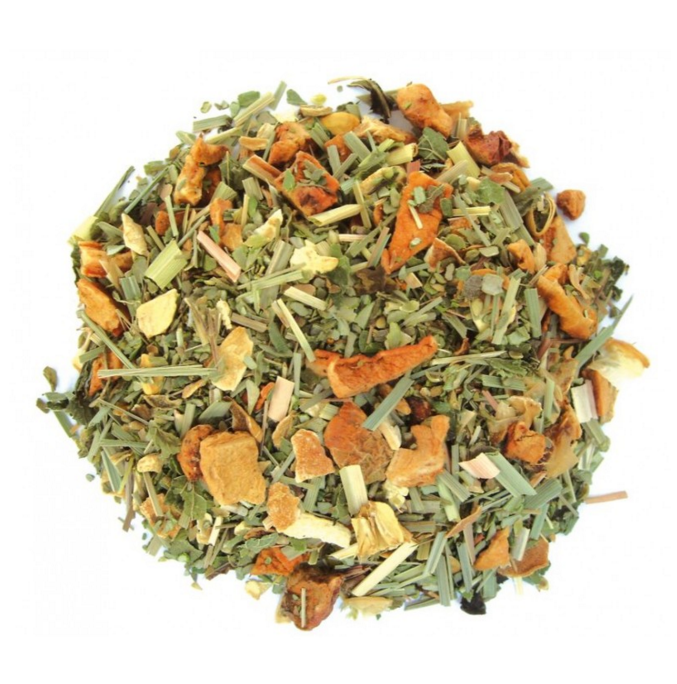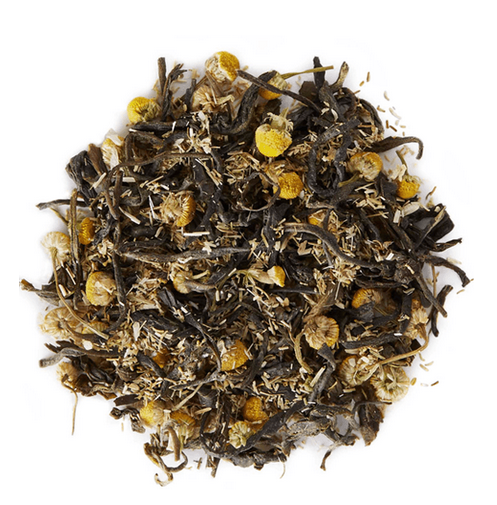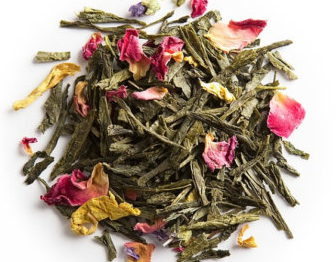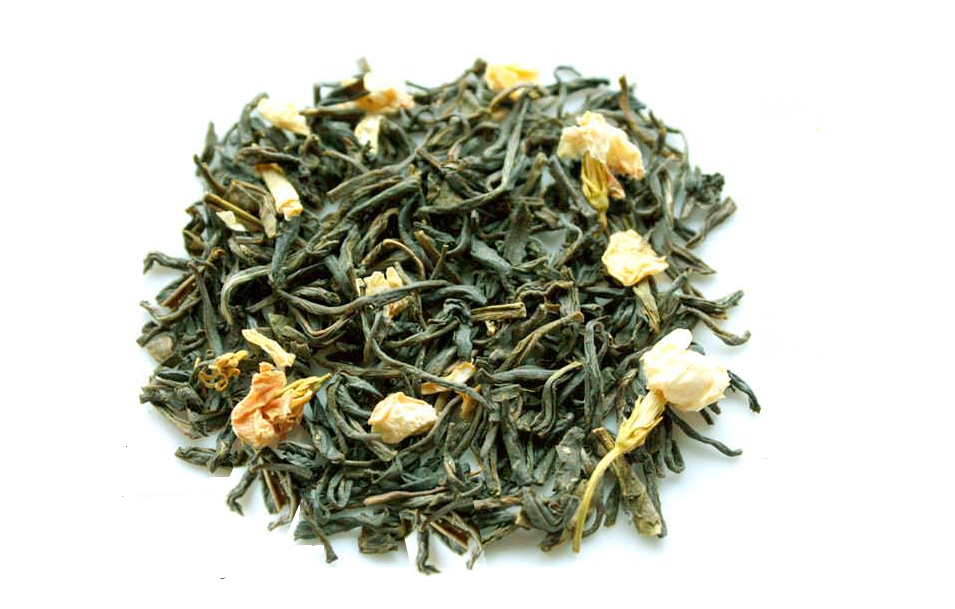 Loading... Please wait...
Loading... Please wait...Herbs that Lower Cholesterol
Posted by Patricia Delgado on 29th Mar 2016
Herbs that Lower Cholesterol
We live in a pill-popping culture, so it’s no surprise the default method for lowering high cholesterol levels is usually popping some pill the doctor prescribed. So many drugs are readily available and it requires very little effort. Yet studies fail to show that natural herbs, diet and lifestyle changes can be as or even more powerful than many drugs. Better yet, these natural methods help lower heart disease risk without all the negative side effects.
This topic bears an upsettingly parallel reality to that of nutrition “science” in that virtually all health care providers have no understanding of it and seem to only reiterate conventional wisdom (e.g., “LDL is bad,” “HDL is good”).
Anyone can have high blood cholesterol. Did you know that there are no warning signs? You may be surprised to learn that you have high blood cholesterol and the best way to lower your high blood cholesterol is to eat foods low in saturated fat, total fat, and cholesterol; be more physically active; and lose weight, if you are overweight.
In some people, cholesterol levels in blood become too high. This is called high cholesterol or hyperlipidemia. High levels of LDL cholesterol (so-called "bad" cholesterol) are considered a major risk factor for heart disease and stroke. LDL cholesterol is thought to irritate the lining of blood vessels, stimulating atherosclerosis, commonly known as hardening of the arteries.
Although lowering LDL cholesterol and raising levels of HDL cholesterol ("good" cholesterol) has traditionally been the focus, factors related to free radical damage are drawing increased attention:
- Lipoprotein A is a relative of LDL cholesterol. It's thought to be formed when there is free radical damage. Lipoprotein A may adhere to damaged blood vessels, eventually forming atherosclerotic plaques.
- Oxidized cholesterol is found in large amounts in fried and processed foods. Studies have found that oxidized cholesterol may increase the amount of atherosclerotic deposits on blood vessel walls.
- So lets do what everyone does after a
cholesterol test, PANIC from the news,

then take all those nasty prescribed medications they give you to lower it. SQUEAK!!! Maus says SQUEAK!!! Why take these prescribed medications that have so many side effects?
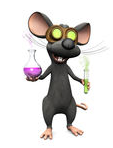 Did you know that
drug manufacturers are required to list all known side effects of their
products? In taking the prescribed Lipitor (atorvastatin) from your doctor the
possible side effects are as follows: Constipation, bloating, nausea, gas,
diarrhea, stomach pain, cramps, muscle soreness, pain and weakness, facial and
neck flushing, gout, high blood sugar, peptic ulcers, and itching. When side
effects occur from taking a prescribed medication, your doctor may add a second
medication to help to minimize it. Yup, you read correctly, the doctor may
prescribe another pill to take care of it, then another pill for those side
effects and so on…are you getting the picture?
Did you know that
drug manufacturers are required to list all known side effects of their
products? In taking the prescribed Lipitor (atorvastatin) from your doctor the
possible side effects are as follows: Constipation, bloating, nausea, gas,
diarrhea, stomach pain, cramps, muscle soreness, pain and weakness, facial and
neck flushing, gout, high blood sugar, peptic ulcers, and itching. When side
effects occur from taking a prescribed medication, your doctor may add a second
medication to help to minimize it. Yup, you read correctly, the doctor may
prescribe another pill to take care of it, then another pill for those side
effects and so on…are you getting the picture?
So now you’re scratching your head and asking yourself “What exactly is cholesterol”?

All this talk about “cholesterol” and most people don’t actually know what it is. It’s kind of simple; Cholesterol is just another organic molecule in our body to help us function properly.
Maus sees it, the deer in the head light look…Next you might ask “Isn’t cholesterol bad”? One of the biggest misconceptions out there (maybe second only to the idea that eating fat makes you fat) is that cholesterol is “bad.” This could not be further from the truth. Cholesterol is actually very good! There are (fortunately rare) genetic disorders in which people cannot properly synthesize cholesterol, but for the larger majority of the population, we can.
Cholesterol is absolutely vital for our existence. Let Maus repeat: Cholesterol is absolutely vital for our existence. Every cell in our body is surrounded by a membrane. These membranes are largely responsible for fluidity and permeability, which essentially control how a cell moves, how it interacts with other cells, and how it transports “important” things in and out to help the cell live. Cholesterol is one of the main building blocks used to make cell membranes (in particular, the ever-important “lipid bilayer” of the cell membrane). Beyond cholesterol’s role in allowing cells to even exist, it also serves an important role in the synthesis of vitamins and steroid hormones, including sex hormones and bile acids. One of the unfortunate results of the eternal need to simplify everything is that the medical establishment has done the public a disservice by failing to communicate that there is no such thing as “bad” cholesterol or “good” cholesterol.
All cholesterol is good! The only “bad” outcome is when cholesterol ends up inside of the wall of an artery, most famously the inside of a coronary artery or a carotid artery, AND leads to an inflammatory cascade which results in the obstruction of that artery. When one measures cholesterol in the blood – we really do not know the final destination of those cholesterol molecules!
Cholesterol levels are often a matter of concern for many, especially in this day and age of fast food fixes, highly processed foods and basically anything that is not just good old fashioned down home cooking type of meals made from scratch. Considering the fact that high levels of cholesterol in your body can lead to a variety of ailments like heart disease, hypertension (high BP), angina (chest pain), heart attacks, strokes and peripheral vascular diseases, it is best that the levels are controlled and if you can do it all naturally instead of popping pill after pill, the better off you will be.
Now for the important part of this blog. Did you know that there are herbs to lower cholesterol, as well as low cholesterol food? These are known as curative herbs, these natural substances help in cholesterol management thereby promoting peak health by balancing and revitalizing your system.
One of the things that Maus finds so wonderful about herbs is that God has provided them to help us gently take care of the problems which continually squeak up on us.

Some of these herbs are gentle nourishing herbs which, when taken regularly, will improve your health overall. Herbs that gradually improve your general body health are called "Alterative" herbs. They are wonderful herbs to know!
Other herbs which are pungent and spicy, as well as vasodilators which dilate constricted blood vessels can help us with this quest of lowering cholesterol.

Maus has put together a few lists of herbs, vegetables, berries and other deliciousness for you that will help to lower cholesterol.
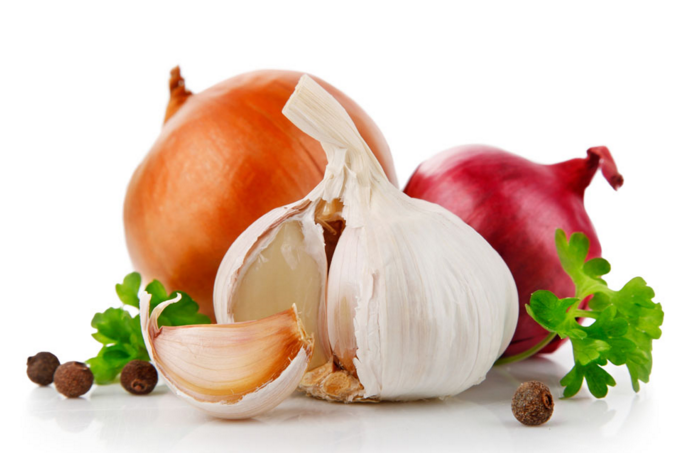 Garlic has been used throughout the centuries,
for treating various illnesses. The most important and unique feature is its
high content of organosulfur substances. Garlic contains at least four times
more sulfur than other high sulfur vegetables-onion, broccoli and cauliflower.
It keeps the cholesterol levels in our blood in good balance. It does this by
lowering serum cholesterol levels while raising 'good' HDL-cholesterol levels.
Garlic has anti-clotting effects that reduce plaque formation in blood vessels
and clotsthat causeheart diseaseand stroke. There
is a risk to eating Garlic and that is it has blood-thinning properties that can
increase the risk of bleeding associated with warfarin, an anti-clotting drug
commonly prescribed to people with heart-rhythm disorders, and to people who
have had heart attacks or heart-valve replacements.
Garlic has been used throughout the centuries,
for treating various illnesses. The most important and unique feature is its
high content of organosulfur substances. Garlic contains at least four times
more sulfur than other high sulfur vegetables-onion, broccoli and cauliflower.
It keeps the cholesterol levels in our blood in good balance. It does this by
lowering serum cholesterol levels while raising 'good' HDL-cholesterol levels.
Garlic has anti-clotting effects that reduce plaque formation in blood vessels
and clotsthat causeheart diseaseand stroke. There
is a risk to eating Garlic and that is it has blood-thinning properties that can
increase the risk of bleeding associated with warfarin, an anti-clotting drug
commonly prescribed to people with heart-rhythm disorders, and to people who
have had heart attacks or heart-valve replacements.
Onions will do the same thing as garlic in some people. Instead of one clove, use half an onion. If garlic and onions give you gas or make you feel bloated you can try the culinary trick of adding lots of celery to the dishes you make with these herbs.
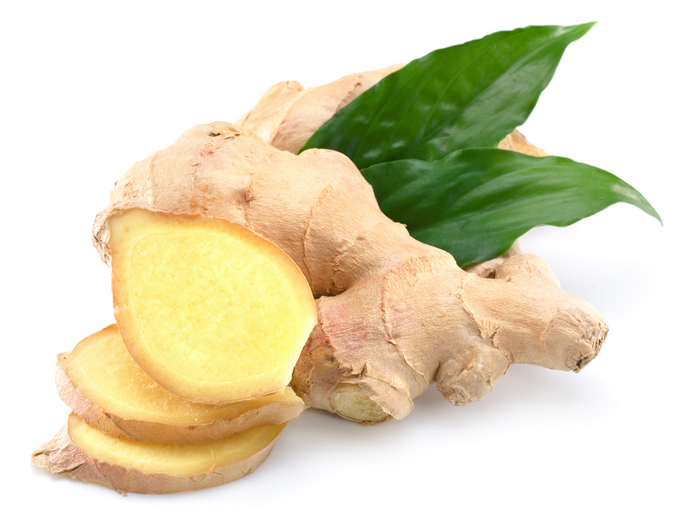 Ginger (Zingiber
officinale): besides being great for the
common cold and flu, ginger is one of the best herbs to lower cholesterol.
Ginger (Zingiber
officinale): besides being great for the
common cold and flu, ginger is one of the best herbs to lower cholesterol.
These three culinary herbs are wonderful to cook with and can add much flavor and spice to our dishes, besides lowering our cholesterol.
The next list is pretty long and you will be surprised as to what all these herbs can do to aid in lowering your cholesterol.
Alfalfa (Medicago sativa) decreases cholesterol levels and shrinks plaque that is already present. Purchase in powdered form and take as directed, or use 6-12 drops of tincture in water 4x a day.
Bilberry (Vaccinium
myrtillus). Not only is Bilberry good for your eyes but also for lowering
cholesterol. It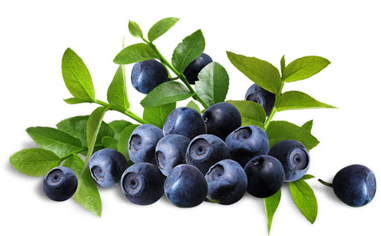 is high in anthocyanosides which keeps our blood vessels
strong, helps prevent artherosclerosis or heart disease, and decreases
inflammation. It also protects our hearts while exercising or during all kinds
of exertion. The risk: Bilberry may improve blood circulation, but
it can also increase the risk of bleeding associated with warfarin.
is high in anthocyanosides which keeps our blood vessels
strong, helps prevent artherosclerosis or heart disease, and decreases
inflammation. It also protects our hearts while exercising or during all kinds
of exertion. The risk: Bilberry may improve blood circulation, but
it can also increase the risk of bleeding associated with warfarin.
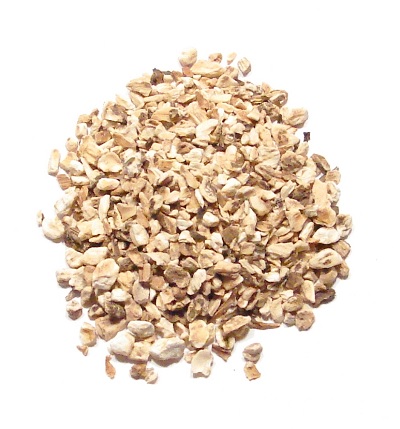
Burdock (Arctium lappa) root is an alterative - one of those herbs that gradually improves body health. It is often referred to as a blood purifier. It is high in magnesium and strengthens the liver, the place where cholesterol is produced.
Chocolate 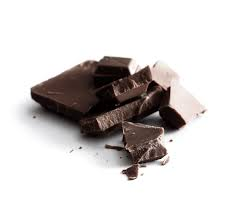 Yes,
dark chocolate that is, has a high antioxidant level and is considered one of
the herbs to lower cholesterol. In a study at
Yes,
dark chocolate that is, has a high antioxidant level and is considered one of
the herbs to lower cholesterol. In a study at
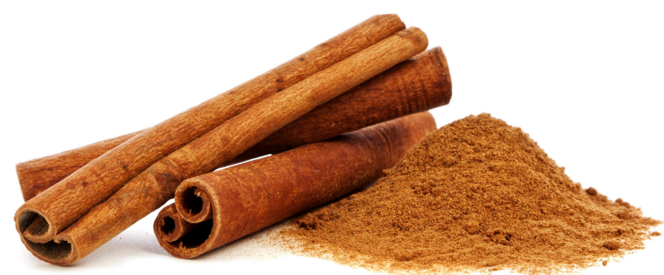 Cinnamon (Cinnamomum
cassia). Research shows that cinnamon reduces cholesterol and triglycerides by
helping to metabolize fats better.
Cinnamon (Cinnamomum
cassia). Research shows that cinnamon reduces cholesterol and triglycerides by
helping to metabolize fats better.
- 1 t. of cinnamon contains as many antioxidants as 1/2 cup of blueberries! Of course there a many ways to use cinnamon, you can even sprinkle it in your herbal teas and infusions.
- You can also add a cinnamon stick and a splash or two of tart cherry juice to herbal tea. Yum!
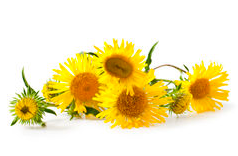 Elecampane
(Iinula helenium) is used internally for stimulating the process of dissolving
fat. It is used for decreasing the level of LDL "bad" cholesterol and
for purifying the blood.
Elecampane
(Iinula helenium) is used internally for stimulating the process of dissolving
fat. It is used for decreasing the level of LDL "bad" cholesterol and
for purifying the blood.
- Make a standard cup of tea and add lemon and honey to sweeten.
- Infused honey can also be made by filling a small jar half full of thinly sliced elecampane root, then fill the jar with honey, stirring a little to mix the elecampane root in, and leaving a little space at the top for expansion.
- Turn it over or shake it a couple times a day for a few days. It needs to sit for 4 - 6 weeks, then store in a fridge without straining. You can even chew on the roots for a sort of throat lozenge. Use the honey on toast or in teas.
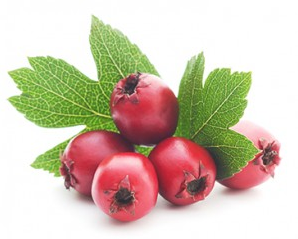 Hawthorn
(Crataegus spp.) is antioxidant, anti-inflammatory and it reduces cholesterol.
The leaves,
flowers, and berries
of the
Hawthorn
(Crataegus spp.) is antioxidant, anti-inflammatory and it reduces cholesterol.
The leaves,
flowers, and berries
of the
- Used to treat angina and coronary artery disease; useful for mild congestive heart and irregular heartbeat. Restores blood pressure to normal and is therefore useful for not only high, but low, blood pressure.
- Drink a cup of tea three times a day, or use 1/2-1 t. tincture 3x a day.
The risk: Hawthorn has been shown to strengthen the contractions of heart muscle, which may interact negatively with prescription heart-failure medications.
Motherwort (Leonurus cardiaca) is another herb to lower cholesterol, reduce platelet accumulation, and strengthen the heart overall. It helps slow down a racing heart. Motherwort is relaxing to the nervous system as a whole.
- Take 1 cup of tea two or three times a day or 1/4 - 1 t. tincture two or three times a day.
Nettle (Urtica dioica) has incredible magnesium levels. One of the things it does is strengthen the arteries. Nettle makes a wonderful nourishing infusion, which does amazing things for the body as a whole. Drink a cup or two of Nettle tea a day.
Oatstraw (Avena sativa). In the herbs to lower cholesterol list, oatstraw is the best. It is just one part of the whole grain, oats. It is an alterative herb and tones and strengthens your body as well as your heart. It has high levels of magnesium. When used regularly it reduces blood cholesterol levels and as mentioned, tones the heart. It helps clear blood vessels while tightening and re-elasticizing veins.
- This also makes it useful for hemorrhoids and varicose veins.
- It makes a wonderful infusion that makes every day more enjoyable. The infusion can be used in lemonade, soups, or anywhere water is used to add extra nutrients, or drink a cup or two every day.
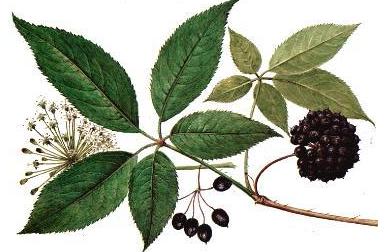 Siberian
Ginseng (Eleutherococcus senticosus) lowers cholesterol and reduces blood
pressure.
Siberian
Ginseng (Eleutherococcus senticosus) lowers cholesterol and reduces blood
pressure.
- Take capsules as directed or 6-12 drops of tincture up to three times per day. Caution: May cause insomnia, irritability, or anxiety. Simply just reduce the dosage if this happens.
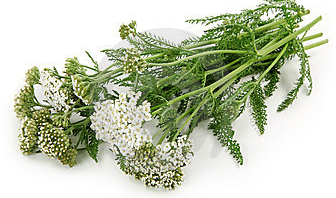 Yarrow
(Achillea millefolium) is still yet another herb that lowers cholesterol as it
dilates the arteries. It is considered to be a blood vessel tonic.
Yarrow
(Achillea millefolium) is still yet another herb that lowers cholesterol as it
dilates the arteries. It is considered to be a blood vessel tonic.
- Drink 1 to 3 cups of tea three times a day, or 1/8 to 1/2 t. of tincture two or three times a day. Caution: Do not use while pregnant or nursing.
This next list of herbs which has some of the herbs on the previous list not only lower your cholesterol levels, but your whole body will benefit!
Hawthorn Berry, asparagus, dandelion leaf and root, and cinnamon can all help you maintain healthy cholesterol and blood sugar levels.
Artichoke Leaf Tincture: Artichoke leaf tincture helps to lower cholesterol levels by limiting its synthesis in our bodies. Additionally, the tincture may increase the flow of cholesterol excretion from the liver.
Alfalfa herb: Animal studies indicate that saponins in alfalfa seeds block and prevent the formation of atherosclerotic plaques. It seems that fibers and chemicals in alfalfa appear to stick to cholesterol, keeping it from staying in the blood or depositing in blood vessels. More of the harmful types of cholesterol leave the body, while high-density lipoprotein (HDL) - the “good” kind of cholesterol -- appears to be unaffected. The risk: Increases the risk of bleeding associated with warfarin.
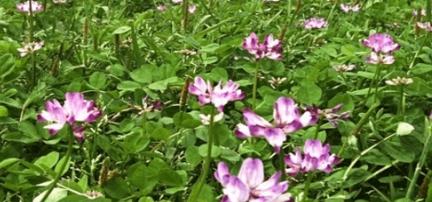 Astralagus root
is an herb used to support the immune system in traditional Chinese medicine. It
has antibacterial and anti-inflammatory properties. The herb is considered to
be an “adaptogen,” which means that it’s thought to help protect the body
against various stresses. Various studies suggest that it improves overall
heart health. According to the University of Maryland Medical Center (UMMC),
recent research in
Astralagus root
is an herb used to support the immune system in traditional Chinese medicine. It
has antibacterial and anti-inflammatory properties. The herb is considered to
be an “adaptogen,” which means that it’s thought to help protect the body
against various stresses. Various studies suggest that it improves overall
heart health. According to the University of Maryland Medical Center (UMMC),
recent research in
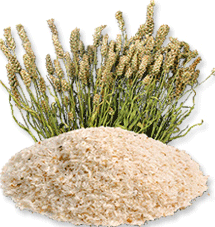
Use of Psyllium has been extensively studied as a way to reduce cholesterol levels. An analysis of all double-blind trials in 1997 concluded that a daily amount of 10 grams psyllium lowered cholesterol levels by 5% and LDL cholesterol by 9%. Since then, a large controlled trial found that use of 5.1 grams of psyllium two times per day significantly reduced serum cholesterol as well as LDL-cholesterol. Generally, 5 to 10 grams of psyllium are added to the diet per day to lower cholesterol levels. The combination of psyllium and oat bran may also be effective at lowering LDL cholesterol.
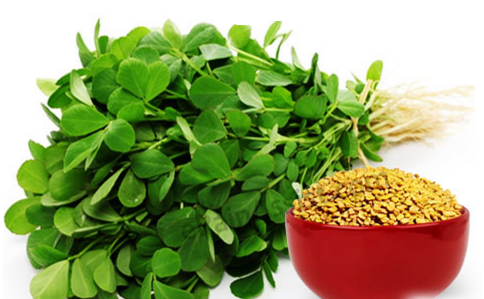 Fenugreek seeds
contain alkaloids (mainly trigonelline) and protein high in lysine (Lysine is
an essential amino acid needed for growth and to help maintain nitrogen balance
in the body) and L-tryptophan. Its steroidal saponins are thought to inhibit
cholesterol absorption and synthesis. Trials have shown that fenugreek lowers
elevated cholesterol and triglyceride levels in the blood, but does not lower
HDL (“good”) cholesterol levels. The typical range of intake for
cholesterol-lowering is 5–30 grams with each meal or 15–90 grams all at once
with one meal. As a tincture,
6-12 drops of fenugreek can be taken up to three times per day. Due to the
potential uterine stimulating properties of fenugreek which may cause
miscarriages, fenugreek should not be used during pregnancy.
Fenugreek seeds
contain alkaloids (mainly trigonelline) and protein high in lysine (Lysine is
an essential amino acid needed for growth and to help maintain nitrogen balance
in the body) and L-tryptophan. Its steroidal saponins are thought to inhibit
cholesterol absorption and synthesis. Trials have shown that fenugreek lowers
elevated cholesterol and triglyceride levels in the blood, but does not lower
HDL (“good”) cholesterol levels. The typical range of intake for
cholesterol-lowering is 5–30 grams with each meal or 15–90 grams all at once
with one meal. As a tincture,
6-12 drops of fenugreek can be taken up to three times per day. Due to the
potential uterine stimulating properties of fenugreek which may cause
miscarriages, fenugreek should not be used during pregnancy.
The risk: Increases the risk of bleeding associated with warfarin.
Ginseng is widely marketed in the Western world as a natural energy enhancer. However, this herb contains ginsenosides, which are chemicals that may help break down blood cholesterol and remove it from your body.The risk: When overused, ginseng can actually increase blood pressure and can diminish the effect of warfarin.
Goldenseal, an herb
native to the northeastern
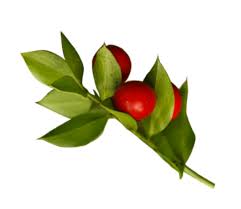 Butcher's Broom
is an anti-inflammatory; strengthens walls of blood vessels; great for someone
going into surgery, as it is used for post-op problems such as thrombosis,
etc.; aids circulation to brain, arms and legs; good for the bed-ridden or the
elderly; diuretic; lowers bad (LDL) cholesterol; great for pregnant women and
people who stand for long periods of time, as it eliminates swelling. The risk: Butcher’s broom can
interfere with the action of alpha-blockers, a class of drug that is prescribed
to lower blood pressure.
Butcher's Broom
is an anti-inflammatory; strengthens walls of blood vessels; great for someone
going into surgery, as it is used for post-op problems such as thrombosis,
etc.; aids circulation to brain, arms and legs; good for the bed-ridden or the
elderly; diuretic; lowers bad (LDL) cholesterol; great for pregnant women and
people who stand for long periods of time, as it eliminates swelling. The risk: Butcher’s broom can
interfere with the action of alpha-blockers, a class of drug that is prescribed
to lower blood pressure.
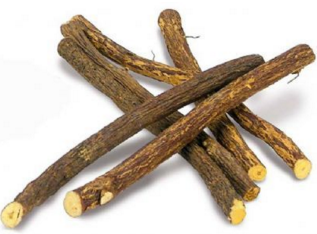 Licorice root:
Derived from the root of a shrubby perennial plant native to Europe and
Licorice root:
Derived from the root of a shrubby perennial plant native to Europe and
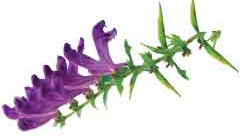 Scullcap is a
unique plant that has been used for a number of herbal remedies, but a Japanese
study showed that the plant can help to increase your body’s natural production
of the beneficial HDL cholesterol. This means that taking skullcap will help
your body to more naturally get rid of the cholesterol on its own.
Scullcap is a
unique plant that has been used for a number of herbal remedies, but a Japanese
study showed that the plant can help to increase your body’s natural production
of the beneficial HDL cholesterol. This means that taking skullcap will help
your body to more naturally get rid of the cholesterol on its own.
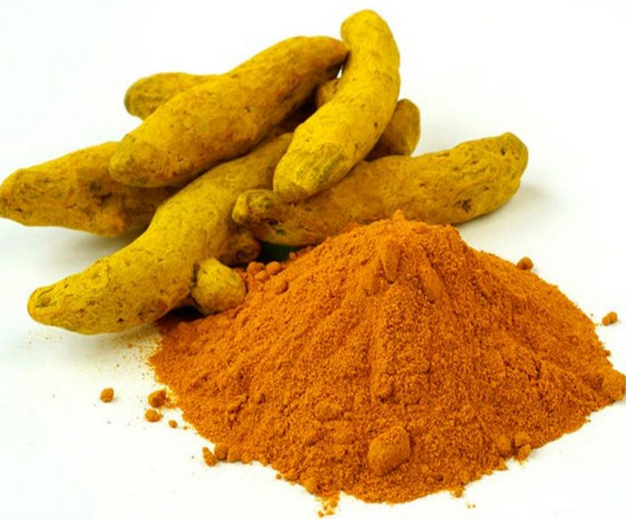 Turmeric - Those who like a bit of Indian or Arabian cuisine will know exactly what
turmeric is, but this orange root is more than just a good flavoring in your
meal. The root can actually help to decrease the cholesterol levels in your
body, thus helping to decrease the risk of serious heart problems. Eating more
chicken curry is a great idea, thanks to the health benefits of this amazing
herb.
Turmeric - Those who like a bit of Indian or Arabian cuisine will know exactly what
turmeric is, but this orange root is more than just a good flavoring in your
meal. The root can actually help to decrease the cholesterol levels in your
body, thus helping to decrease the risk of serious heart problems. Eating more
chicken curry is a great idea, thanks to the health benefits of this amazing
herb.
Green Tea - Since green tea is not excessively processed beyond a withering and steaming process, it contains greater concentrations of a substance called epigallocatechingallate than black tea. This substance is a very strong antioxidant that researchers have found to be useful against high levels of LDL cholesterol.
The risk: Green tea contains vitamin K, which can counteract the effect of warfarin.
Check out the Maus’ herbal teas that contain green tea!
Some other things to consider:
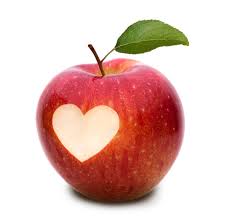 Maus’ Oma Lucy
always loved to say, “Ein Apfel pro Tag hält den Doktor fern” for all non-German speakers, translated
this means “an apple a day keeps the doctor away”. Well, it turns out my Oma
was right. A 2011 study by researchers from
Maus’ Oma Lucy
always loved to say, “Ein Apfel pro Tag hält den Doktor fern” for all non-German speakers, translated
this means “an apple a day keeps the doctor away”. Well, it turns out my Oma
was right. A 2011 study by researchers from
As all those television commercials for popular cereal brands note, the soluble fiber in oats helps to lower total and LDL cholesterol levels. So go ahead and enjoy a nice warm bowl of oatmeal (soak overnight for quick morning cooking and easier digestion) or squeak some oatmeal into your snacking with fun recipes such as these cranberry-walnut powerballs.
Exercise is also very good for many reasons; it promotes circulation and strengthening the body. Cleveland Clinic states that “Exercise has the greatest effect on triglycerides (lowers them) and HDL, the good cholesterol (increases it). Exercise does not have much impact on LDL unless combined with dietary changes and weight loss.” Start out slowly and gradually increase your activity levels like volunteering to help in the garden and cleaning out the goat stalls.
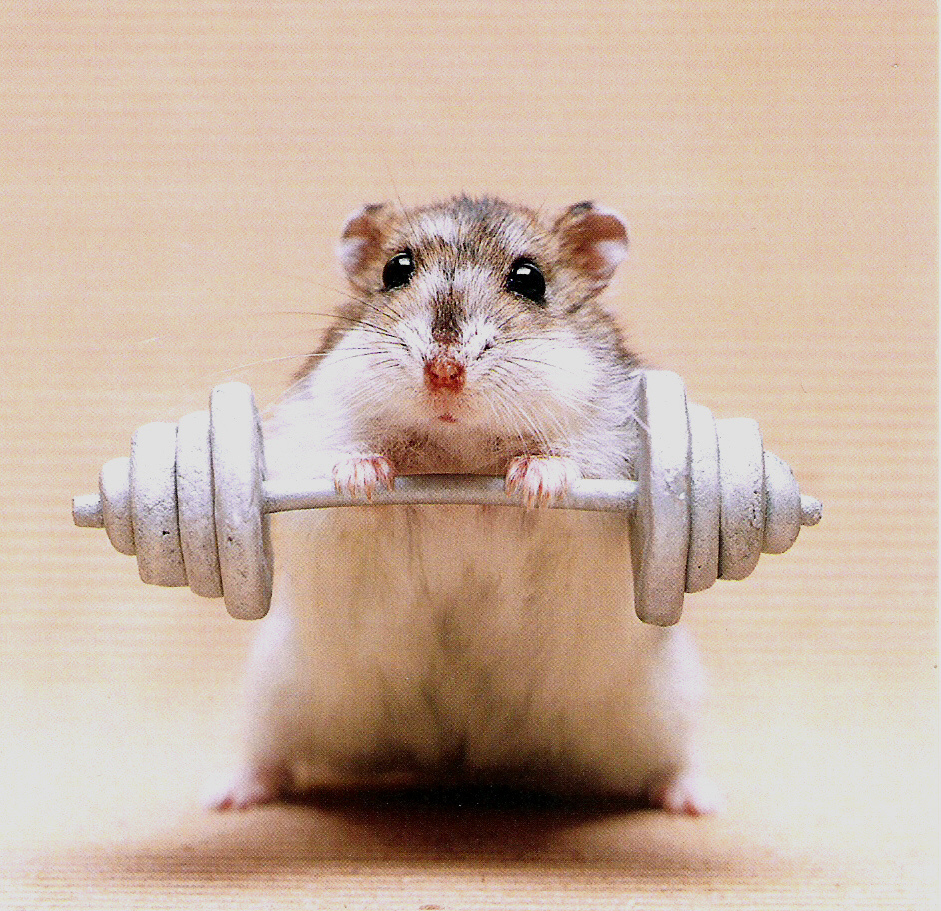
Well, Maus hopes this little blog has helped you to see just how important cholesterol is for your bodies, and all those side effects prescription drugs can have on your body. And as always, if you have any questions just squeek at me and Maus will be happy to answer your questions.
Until next time….May God Bless you as He has blessed the Maus.
Health & Happiness, Maus

